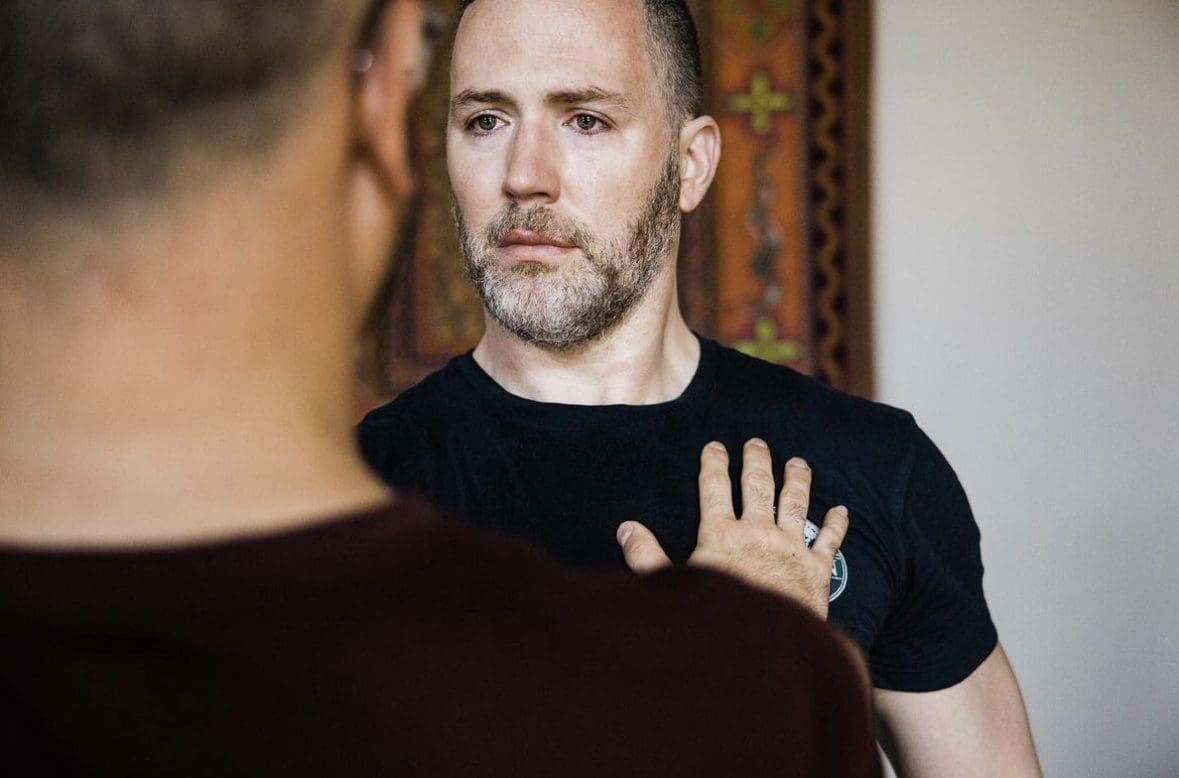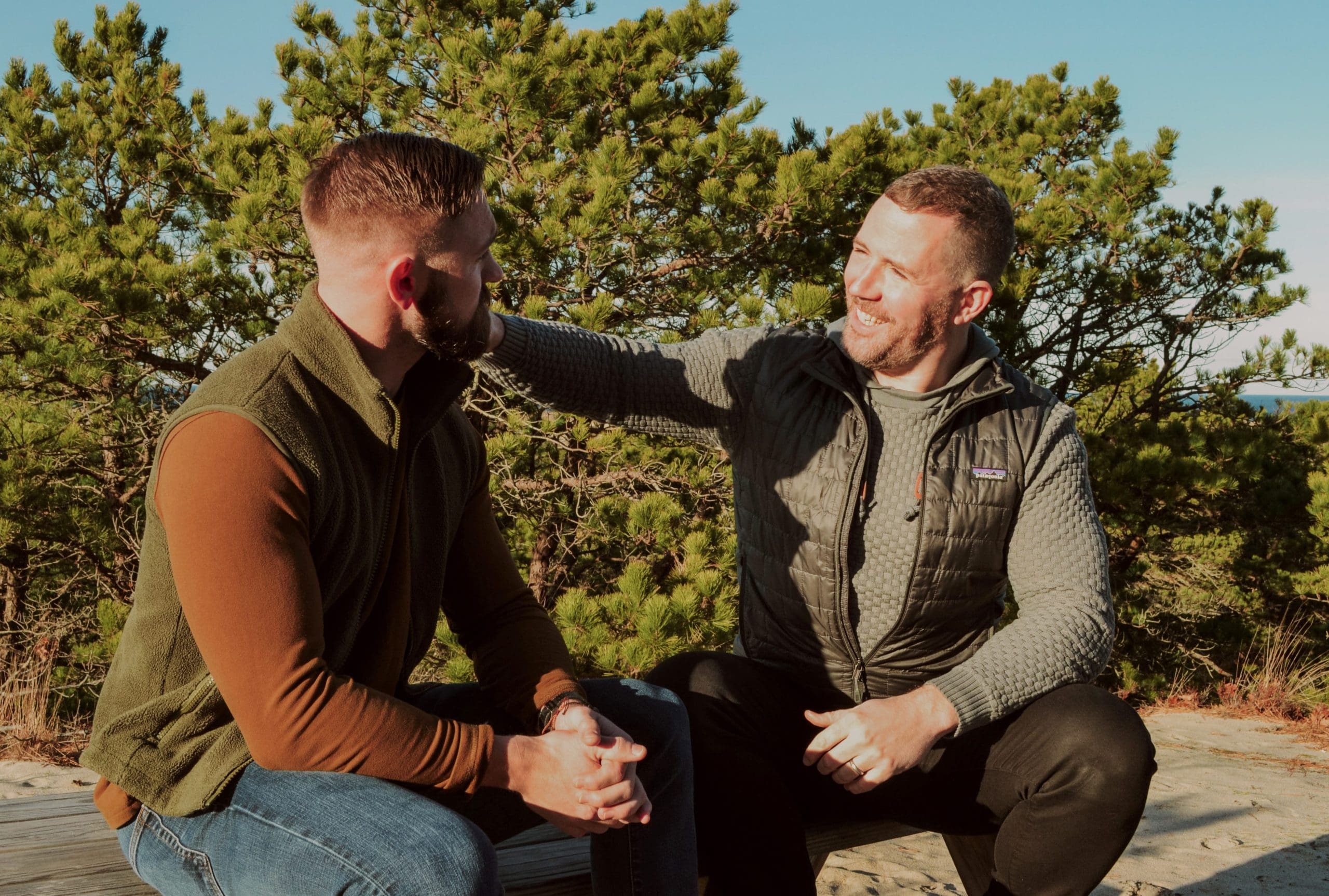Vulnerability as a strength
During the time and culture in which I was raised ‘vulnerability’ was synonymous with weakness and being ‘less manly or masculine’. The pervading idea was that emotions were predominantly for women and that men should be impervious to their whims. There were a few moments when emotions were acceptable for men and those tended to be the most extreme in the human experience; loss of a loved one, financial disaster, or a hopeless health diagnosis, anything less was meant to be managed without hassle.
One major flaw in that cultural mindset is the negative judgement placed on emotions.
One major flaw in that cultural mindset is the negative judgement placed on emotions. Focus on their ability to cause upset and mood swings diminishes the wide ranging, rich tapestry of experience they allow. Although emotions can be uncomfortable or unpleasant, they can also be enriching, enhancing, and deepening to our experience of life. We would benefit from seeing them as shared human experience that changes much like the weather and like the weather, the more we are aware of them, the better we can prepare for and navigate them.
The definition of vulnerability speaks to being exposed and open to the possibility of being attacked and harmed. I would add to this definition the act or practice of recognizing what is. This is where I begin to see vulnerability as a strength. I turn to G.I. Joe for their deeply profound mantra they offered at every episode, “Now you know, and knowing is half the battle.” Because the cultural mindset I mentioned previously didn’t create a scenario where the emotional experience didn’t exist or was changed, it describes one in which it was suppressed or ignored.
I see two possible courses of action regarding our emotional experience: 1) we see it as weakness and do all we can to hide it, suppress it, and ignore it. Or, 2) we recognize it and acknowledge it and in so doing allow ourselves to be vulnerable.
With the first option I see a dead end because if we are ignoring our emotions to create an illusion of strength and security, we will have to constantly work to maintain that illusion. The ups and downs of our life experience will continue to march along and we will have to contort ourselves in each situation to be sure the world can only see the parts we want to be seen. Not only does this prevent us from being fully authentic, it takes a toll on our physical and mental health. It is an exhausting exercise with little to no rest in sight.
The second option requires an upfront payment in the form of courage. It is an act of bravery to allow ourselves to be vulnerable. The simple fact is that we are acknowledging what is happening for us in any given moment – that’s it! We recognize, first with ourselves and then with those closest to us, that we might be feeling lonely, sad, disconnected, unfulfilled, etc. We can do the same thing with positive emotions.
From this point there are a myriad of options we can take to manage these experiences and even grow from them. Sharing with trusted friends, seeking appropriate medical assistance, employing stress management tools, or even making big life choices are ways we can move through the experience. We can use the wisdom these emotions offer to move us closer to our purpose and the situations that bring us joy.
Men should take a moment to recognize that this practice isn’t purely for themselves. Recognizing and acknowledging our emotions will allow us vital insights into the state of our lives and areas where we may not be fully satisfied. If we can then make choices that lead us to greater fulfillment and satisfaction, this will ripple throughout or lives and all the people with whom we share it. Think about the kind of husband, father, brother, son, uncle, boss, colleague, etc., you could be if you operated from a place of excitement and earnest interest.
David Deida, a prominent author and pioneer in the men’s work space, says that the ‘masculine’ (the energetic quality of masculinity that exists in polarity to femininity and that is present in all beings regardless of sex or gender) wants to pursue purpose first and foremost. When a man is able to do this he is doing the greatest service to himself, his family and community, and ultimately to the world.
Yes, vulnerability and our capacity to allow it can be of service to the entire world! Recognizing what is happening at any given moment is the first step in addressing it. Allowing ourselves to be seen by trusted confidants can help us get perspective and support. From a place of grounded support and thoughtful perspective, we can start to make conscious choices. Conscious choice changes our lives and our worlds.
The option to ignore and suppress boils down to ego. Vanity. Fear. Many still choose that option because it is widely accepted and the alternative is loudly rejected and ridiculed. However, seen in contrast the bravery required for vulnerability we may begin to see these options switching, where suppression is an expression of weakness and vulnerability as a strength.

